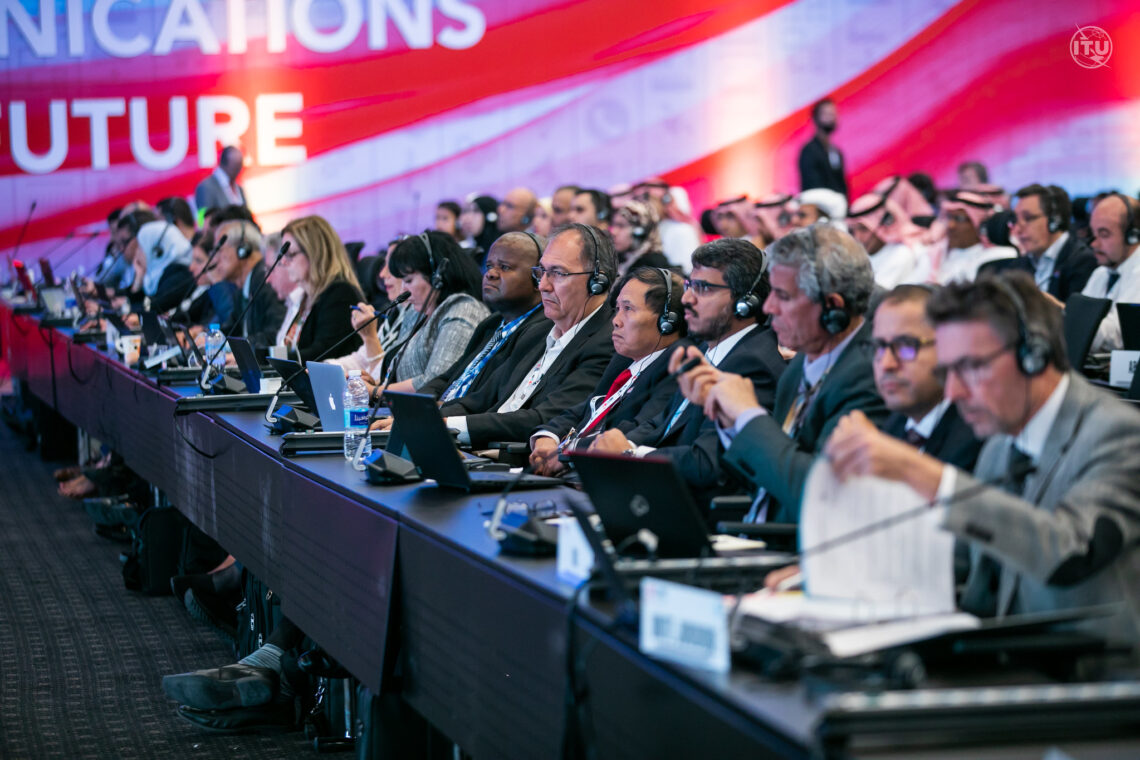Operators of satellites in non-geostationary orbit (NGSO) could be forced to turn off beams when flying over countries that have not authorized them, do more to disable bootleg dishes in these territories, or a mix of both, depending on who you ask about new global rules in the works.
Approval to study ways for cracking down on unauthorized NGSO services was one of the most surprising outcomes of the recent 2023 World Radiocommunication Conference (WRC-23) in Dubai, a quadrennial event for updating radio wave regulations.
Depending on the results of these studies, the measures could be put up for approval as soon as 2027, when the International Telecommunication Union (ITU), an arm of the United Nations, will bring countries together again to update global spectrum regulation.
According to John Janka, global chief of government affairs and regulatory officer at geostationary orbit (GSO) broadband operator Viasat, administrations cleared for consideration an extension to NGSOs of a “satellite service area” limitation already in place for certain geostationary transmissions such as TV broadcasts.
When a broadcast satellite is being developed, international regulations require every technical effort to be made to prevent its radio waves from spilling into countries that have not approved the service.
NGSO satellites currently do not have a similar limitation, making it possible for users with a compatible antenna to connect to them in a country that has not given their operator a license.
Others say regulatory text approved at WRC-23 is strictly confined to stopping unauthorized antennas from linking up with NGSO satellites. Based on the operative portion of the “Com6/6” agenda item that came out of the conference, EchoStar Corp senior vice president of regulatory affairs Jennifer Manner said her interpretation is it “is focused on requiring authorization to transmit from a country; not to turn off when flying over.”…
Read the full article here

